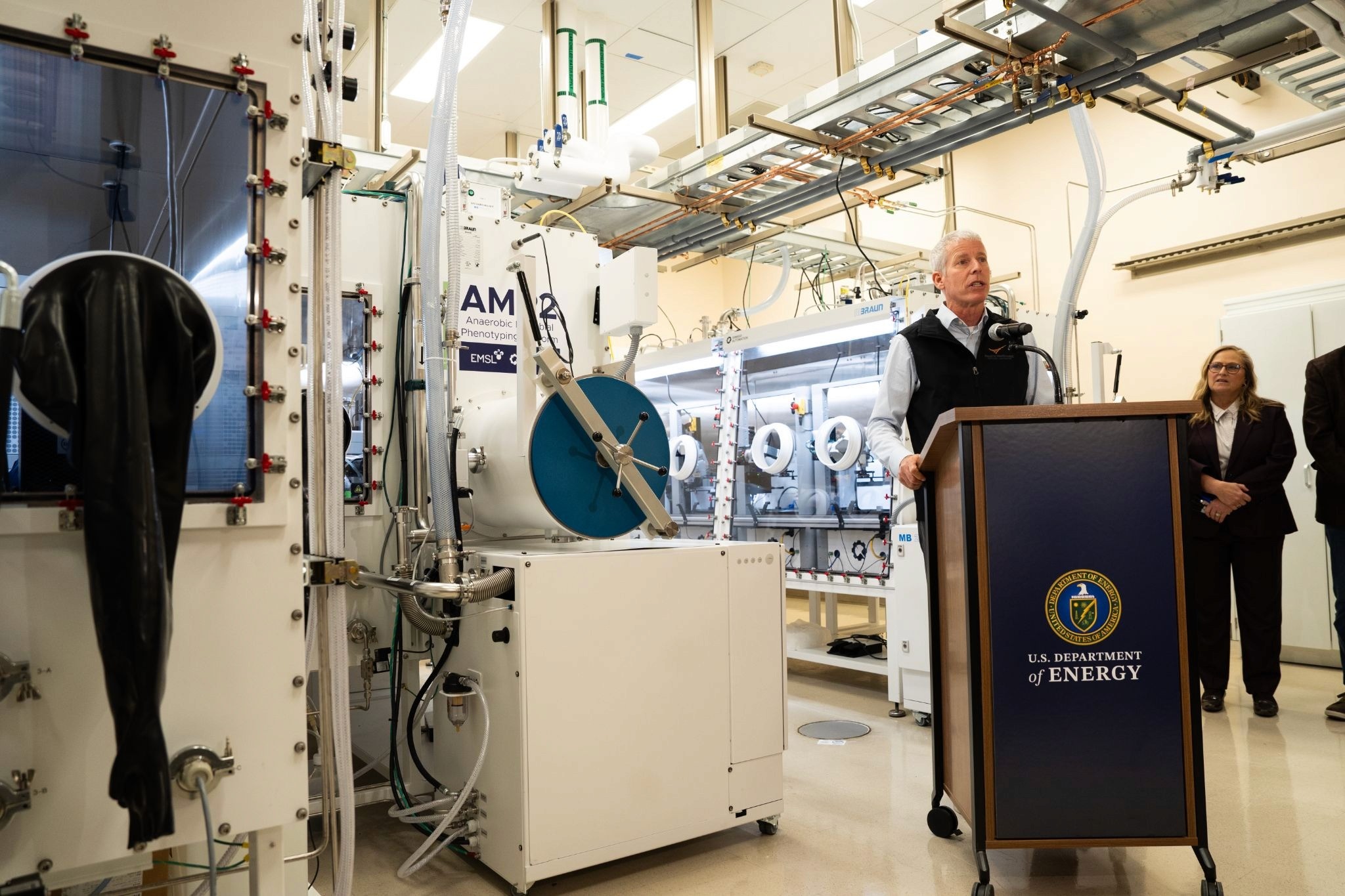Ai Digital Biology
Gen9 Partners with iGEM to Offer High Quality DNA Parts
Sep 10, 2015
Last week, gene synthesis company Gen9 announced a collaboration with iGEM, the International Genetically Engineered Machine Competition, that will improve the quality and accessibility of the iGEM associated Registry of Standard Biological Parts.
The purpose of the registry is to serve as a repository for standardized pieces of DNA that perform specific and well characterized functions. Synthetic biologists can use the standard DNA parts from the Registry to create and design genetic circuits in a straightforward manner. The parts are combined using the BioBrick assembly method, developed by MIT professor Tom Knight. Any lab that signs up with the Registry can submit DNA parts, provided they abide by BioBrick assembly rules and are backed by sufficient documentation on their use.This open-source nature of the Registry is both a boon and a bane. On one hand it facilitates scientific collaboration, is a fantastic source of DNA parts and provides a wealth of information for the synthetic biology community at large. On the other hand, many of the Registry’s 20,000 plus parts are poorly defined in terms of sequence and function, and not all of the parts are directly available. As such, the Registry could benefit from full sequencing and wider availability of its documented parts in order to increase its reliability. The collaboration with Gen9 is supposed to do exactly that.Gen9’s advanced capabilities rely on its innovative BioFab DNA synthesis platform conceived by professors and Gen9 founders Joseph Jacobson of MIT, Drew Endy of Stanford, and George Church of Harvard. The BioFab technology allows for massively parallel synthesis of DNA segments up to 10 kb long. Sequence specificity is ensured through the use of specialized proteins and oligonucleotides that detect base errors. Gen9 utilizes the BioFab system to produce tens of thousands of pieces of synthetic DNA, and looks to improve upon this number in the future. All in all, BioFab allows for fast, accurate and inexpensive (as low as 10 cents/bp) synthesis of DNA parts. It could revolutionize the biofuels, chemical production and agricultural industries, as well as academic synthetic biology, such as the iGEM competition.
As part of the new collaboration, Gen9 will synthesize the most well characterized and popular DNA parts in the iGEM Registry.
This will offer students participating in the competition more access to high quality and reliable DNA parts free of charge. Kevin Munnelly, President and CEO of Gen9, expressed enthusiasm about the collaboration, stating the he was “excited to see the amazing projects the students will complete this year and the positive impact their research will have on generations to come.” Gen9’s involvement will indeed improve the experiences students have working on iGEM, and will hopefully foster even more interest in the field of synthetic biology.

















